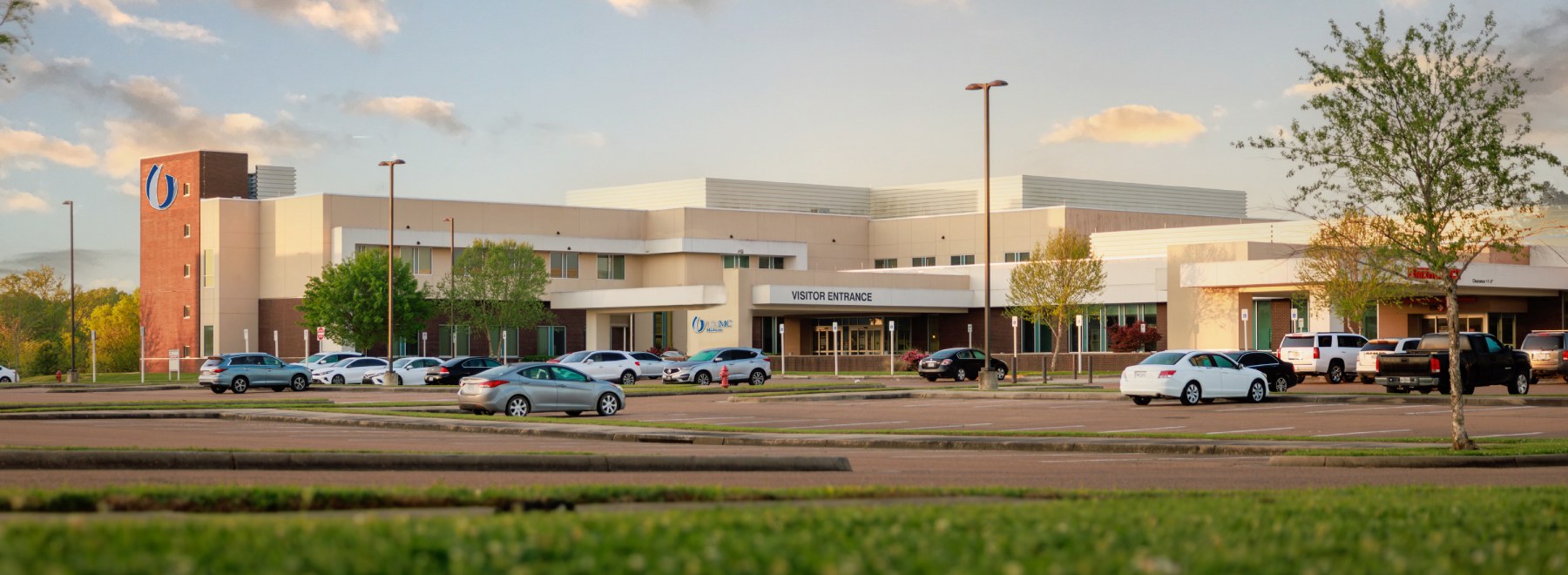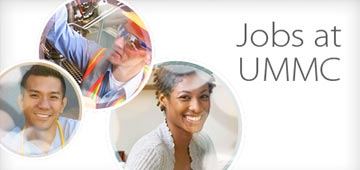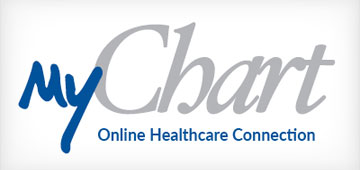
UMMC provides patient-centered treatment, clinical excellence, and an advanced level of care unavailable anywhere else in the state.
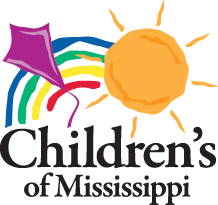
for Kids.
Children’s of Mississippi is here for every child
with the state’s only children’s hospital
plus clinics statewide.
Latest News
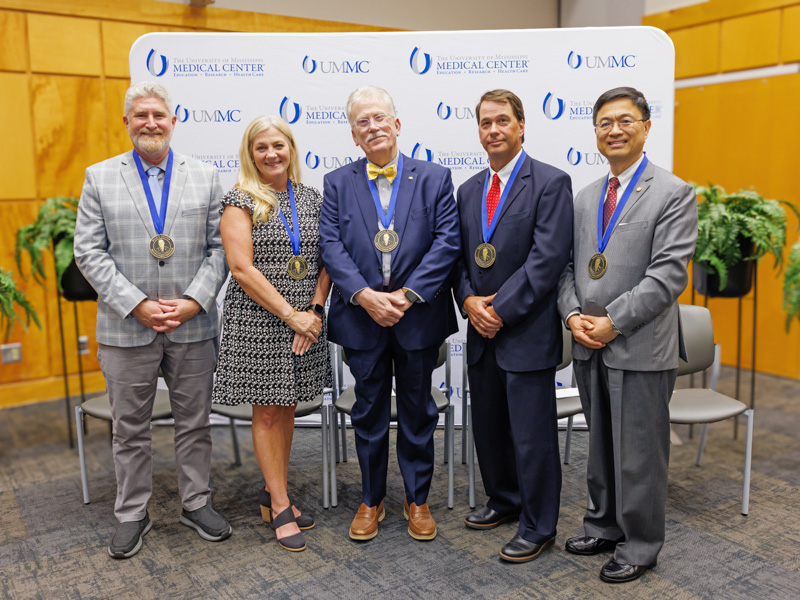
Faculty members awarded honor named for medical school legend
Monday, June 30, 2025
UMMC has once again paid tribute to Dr. Billy S. Guyton’s contributions to medical education in Mississippi with the awarding of distinguished professorships in his name. Read More
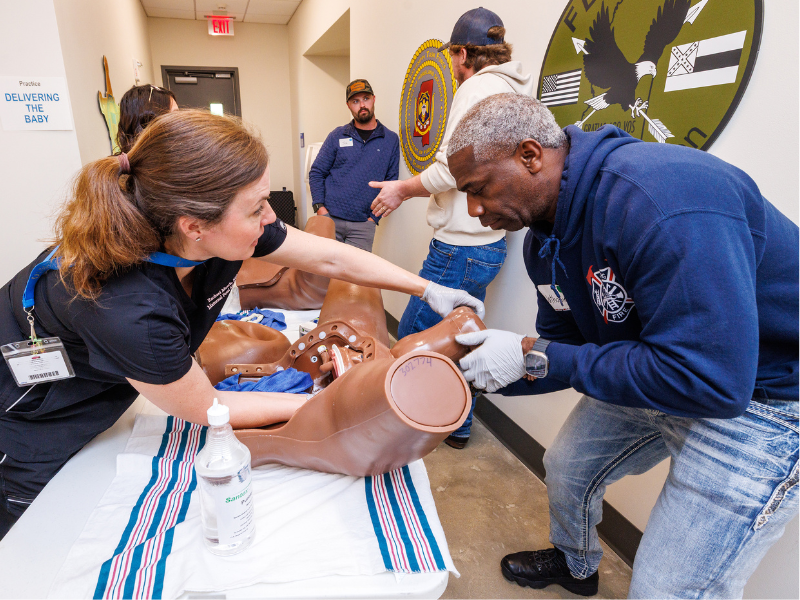
UMMC’s STORK Program delivers lifesaving emergency obstetrics training
Monday, June 23, 2025
Now in its fifth year, a UMMC-led training program designed to prepare frontline health care providers for obstetric and neonatal emergencies has reached nearly 1,000 participants across Mississippi. As access to maternity care continues to decline statewide, the STORK program is helping bridge critical gaps with life-saving education and hands-on simulation. Read More
Latest Articles

UMMC’s maternal telehealth program supports patients throughout pregnancy
Published on Monday, June 30, 2025
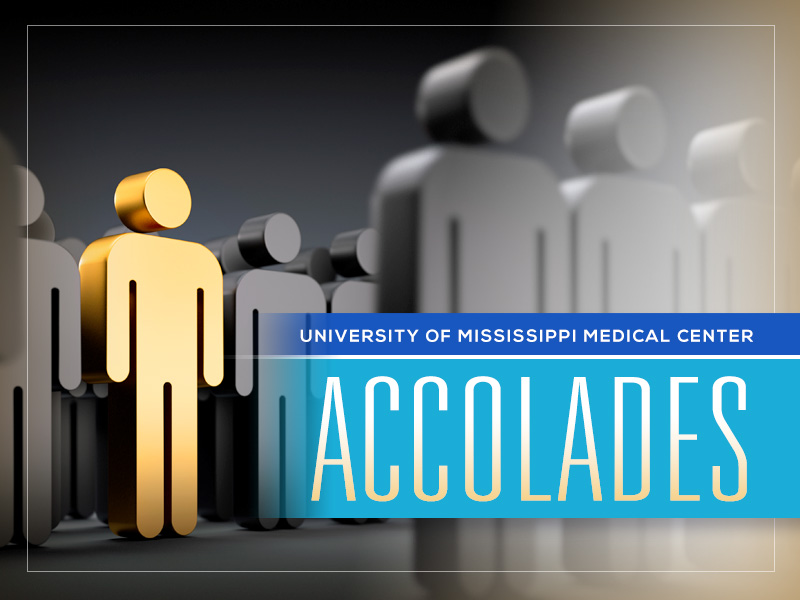
Surgeon, public safety chief and peds resident earn acclaim
Published on Monday, June 23, 2025

Preeclampsia’s cause, treatments fuel UMMC research
Published on Monday, June 23, 2025
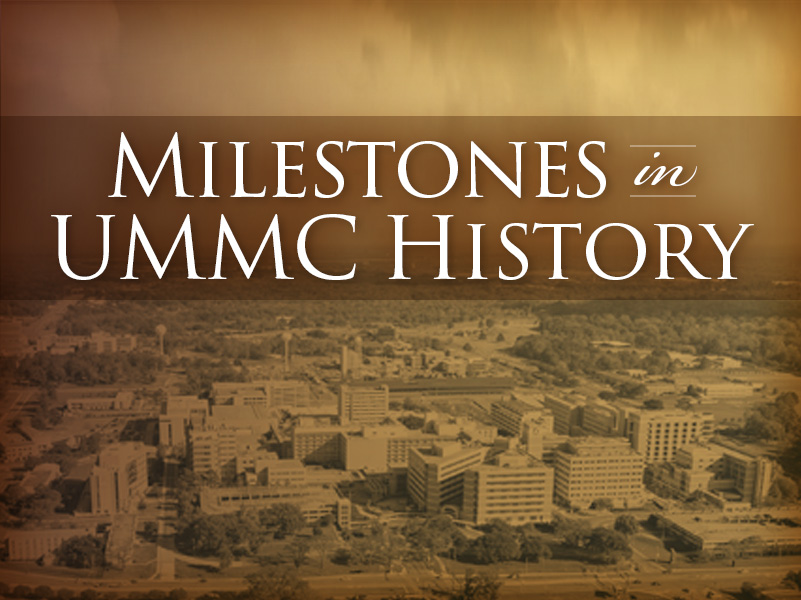
1999: SHRP gets a new home
Published on Monday, June 23, 2025

UMMC battles barriers to training more OB-GYNs
Published on Monday, June 23, 2025
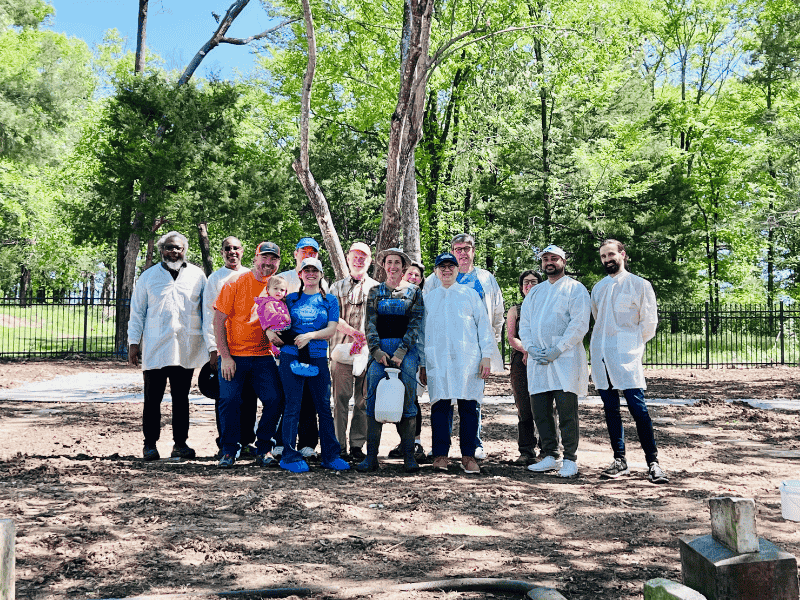
A grave reminder: Refurbished cemetery does honor to those remembered there
Published on Monday, June 23, 2025

Front and Center: Traci Wilson
Published on Monday, June 16, 2025

Early detection, multidisciplinary care saves patients with life-threatening condition
Published on Monday, June 16, 2025
Find Us on Social Media
Get news and information you need about the Medical Center by connecting with us through our social media community. You’ll find events, news stories and campus activities shared daily. UMMC is active on Twitter, Facebook, Instagram, YouTube and LinkedIn.
You may also connect with the Children’s of Mississippi social media community on Twitter, Facebook, Instagram and YouTube.
Follow Dr. LouAnn Woodward on Twitter.
We look forward to hearing from you!
Sign Up for Consult

Connect with UMMC via new e-magazine
In CONSULT, readers will have the opportunity to learn more about the cutting-edge clinical advances, innovative educational programs and groundbreaking research occurring at UMMC. Plus, CONSULT will regularly showcase our experts' best advice for living a healthy and mindful life.



